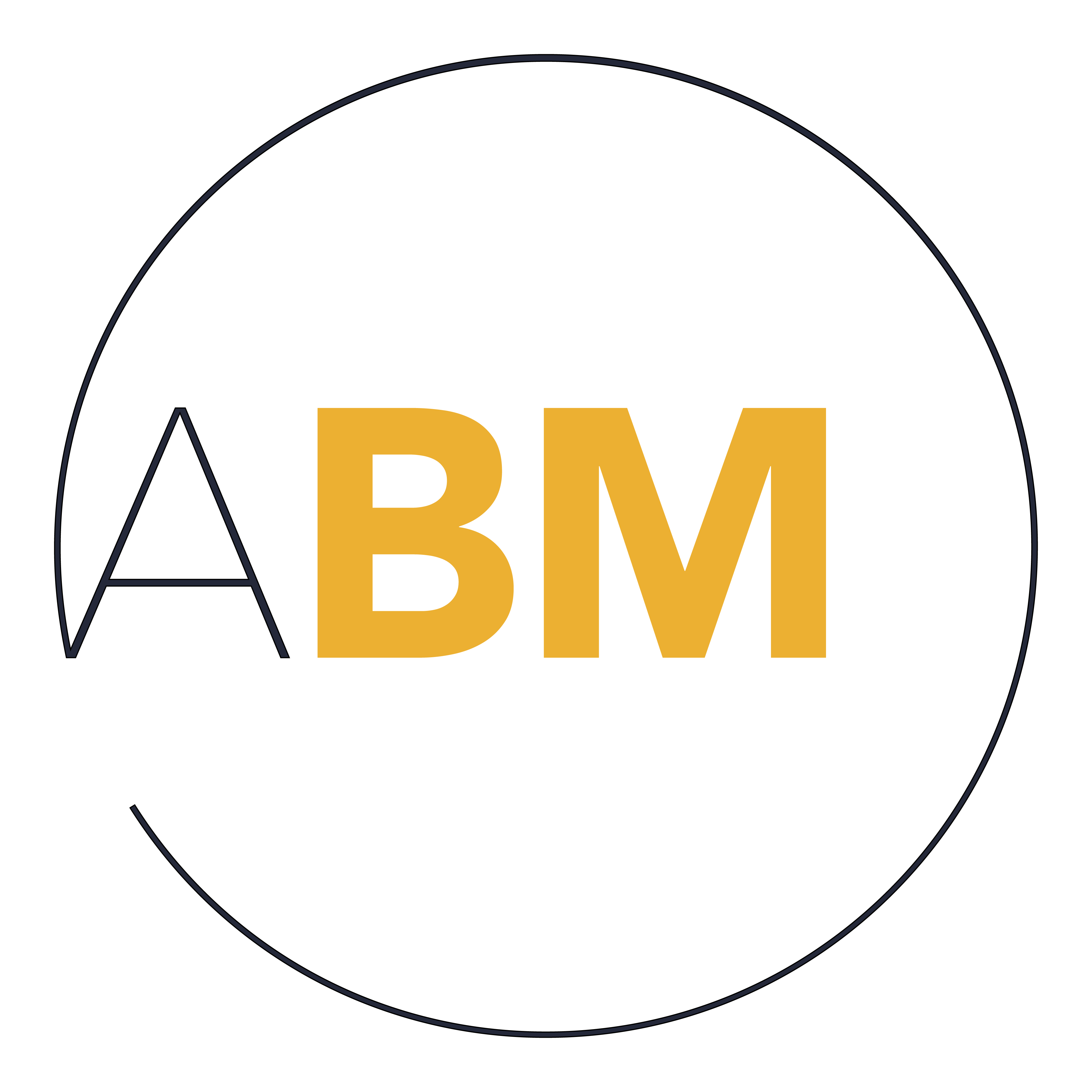Team-based primary care breastfeeding support

(left to right) Samantha Walters IBCLC , Ann Witt, MD, IBCLC, Lauren Lasko APRN, IBCLC, Kristen Auletta, RN, IBCLC, and Maya Bolman, RN, IBCLC team-up and provide breastfeeding support.
Imagine seeing a breastfeeding family two days after hospital discharge and having the time needed to correct latch, help manage engorgement, or review hand expression and supplementation for the baby with poor weight gain. Health care provider support improves breastfeeding initiation and duration. Yet, too often primary care providers (PCP) do not have the time or knowledge to provide breastfeeding support after hospital discharge. These challenges can be solved with team-based lactation consultant and primary care (LC/PCP) providing breastfeeding support in the primary care office.

Per American Academy of Pediatrics and Family Physicians, a breastfeeding infant should be seen by their primary care provider (PCP) within two to three days of discharge (https://pediatrics.aappublications.org/content/125/2/405). This visit includes evaluation of weight and jaundice. In a breastfeeding infant, significant weight loss or jaundice is often triggered by breastfeeding difficulties including latch, pain, or delayed onset of milk production. Team-based primary care breastfeeding support combines the PCP’s initial post-discharge visit with lactation consultant support. The team approach facilitates physician evaluation of the infant along with immediate lactation support on needed topics such as feeding patterns, output, latch, engorgement, and appropriate supplementation.
Team-based LC/PCP care acknowledges:
- Families want to breastfeed.
- Families experience breastfeeding challenges.
- Feeding challenges require a plan that supports the breastfeeding dyad.
- Education on that plan takes time and breastfeeding knowledge.
Over 80% of mothers initiate breastfeeding in the United States, yet many women do not meet their goal of continued breastfeeding beyond a year. Given pain and low milk supply are common causes for weaning, breastfeeding support after hospital discharge is critical.

Ann Witt, MD, IBCLC, and Maya Bolman, RN, IBCLC with breastfeeding family during a clinic visit.
Having successfully provided team-based lactation care for over a decade within a suburban pediatric (https://www.ncbi.nlm.nih.gov/pubmed/21657890) practice, we look toward sharing this movement in other communities. Recently we partnered with a Federally Qualified Health Care system in Cleveland, Ohio to implement team-based lactation care.( https://www.jabfm.org/content/32/6/818) Prior to implementation a survey of providers at the FQHC found that 80% noted there was “not enough time” to provide lactation support during the visit and 58% thought there was “inadequate lactation consultant staffing at the practice” with 80% of PCP’s commenting that patients were “not receiving adequate help.” One year later, following implementation of team-based breastfeeding support, a repeat survey of PCP’s, found 100% reporting they were “providing better breastfeeding support” to their patients and liked having “breastfeeding support available for patient that NP/MD previously did not have time to provide.” A majority of the PCP’s also liked having “a lactation consultant join an already scheduled visit so the patient does not need an extra visit,” as well as “on-site immediate lactation support.” The program has been so successful that the FQHC is expanding this service beyond their main clinic to satellite sites.
To implement team-based care, practices need to personalize it to fit their own practice needs. We determined feasibility of the team-based practice model at the FQHC by assessing breastfeeding intent and rates, health care provider knowledge, billing reimbursement, and currently available breastfeeding supports. We used the information gathered to formulate a business plan, identify additional training needs, and facilitate communication with administration. Other practices can build on this structure to implement team-based LC/PCP care in their own communities.
Now is the time for our health care system to help families get timely breastfeeding support after hospital discharge. If your practice has already implemented a team-based primary and lactation care approach share your story so others know it is possible. If you are interested and trying to figure out how, gather the basic information, begin the dialogue and draw on other practice’s experience.
Together we can improve the care of our families after delivery, and better support breastfeeding duration!
References:
- Stark et al. Committee on Fetus and Newborns 2008-09. Hospital Stay for Healthy Newborns. Pediatrics February 2010, 125 (2) 405-409;
- Witt AM1, Smith S, Mason MJ, Flocke SA. Integrating routine lactationconsultant support into a pediatric practice. Breastfeed Med. 2012 Feb;7(1):38-42.
- Witt AM, Witt R, Lasko L, Flocke SA Translating Team-Based Breastfeeding Support into Primary Care Practice. JABFM Nov/Dec 2019
Blog posts reflect the opinions of individual authors, not ABM as a whole.



This article was very interesting to me! My doctoral project in 2012 was the role of the APN offering lactation-related care in the pediatric office setting. I have been practicing in this fashion as an Advanced Practice Nurse/IBCLC in the pediatric office for about 8 years. My personal philosophy is that all primary care providers of breastfeeding newborns/infants need to provide this clinical practice model, and I hope it will become a standard of care soon!
In addition to being an employee at DuPage Medical Group – Elmhurst Pediatrics, I have a private practice – Breast ‘N Baby Lactation Services, Inc.
Carol Chamblin, DNP, APN, IBCLC
December 28, 2019 at 4:32 pm